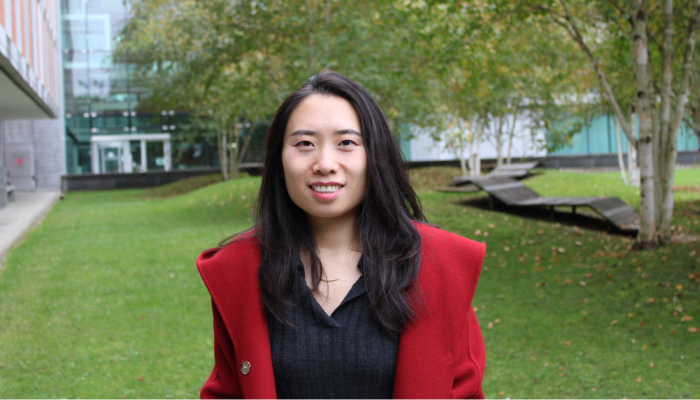Hui Zhang
Pan-amyloid bi-functional molecule as therapeutics for neurodegenerative diseases

Protein misfolding disorders including Alzheimer’s disease and peripheral amyloidosis are devastating diseases, featured by misfolded protein amyloid deposits in various organs and tissues. Some diseases like Alzheimer’s disease and peripheral amyloidosis, are characterized by more than one toxic protein aggregate. Most current therapies only target one specific type of protein amyloid, neglecting the synergetic toxic effect caused by multiple protein aggregates.
Based on the fact that all these pathologic protein aggregates share a common amyloid fold, Hui Zhang and her team are developing a pan-amyloid therapeutic, which simultaneously targets multiple protein aggregates in one indication. This novel pan-amyloid drug can bind to many, if not all pathologic protein amyloid. Moreover, this therapy can stabilize and prevent the further accumulation of amyloids, remove existing aggregates from organs and tissues by enhancing phagocytosis mediated by immune cells. Thereby it may block cell-to-cell spread of toxic protein aggregates.
The ultimate goal of the new therapy is to slow down the disease progression and ameliorate the symptoms of patients suffering from protein misfolding diseases.
Affiliation: Prof. Simone Hornemann
Start date: 06/2024